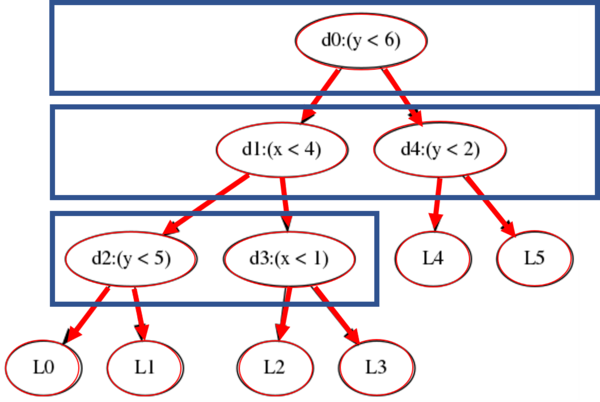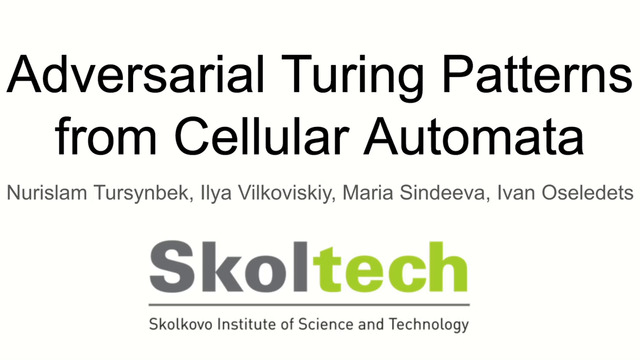Abstract:
Recurrent neural networks empirically generate natural language with high syntactic fidelity. However, their success is not well-understood theoretically. We provide theoretical insight into this success, proving in a finite-precision setting that RNNs can efficiently generate bounded hierarchical languages that reflect the scaffolding of natural language syntax. We introduce Dyck-$(k,m)$, the language of well-nested brackets (of $k$ types) and $m$-bounded nesting depth, reflecting the bounded memory needs and long-distance dependencies of natural language syntax. The best known results use $O(k^\fracm2)$ memory (hidden units) to generate these languages. We prove that an RNN with $O(m łog k)$ hidden units suffices, an exponential reduction in memory, by an explicit construction. Finally, we show that no algorithm, even with unbounded computation, can suffice with $o(m łog k)$ hidden units.









































